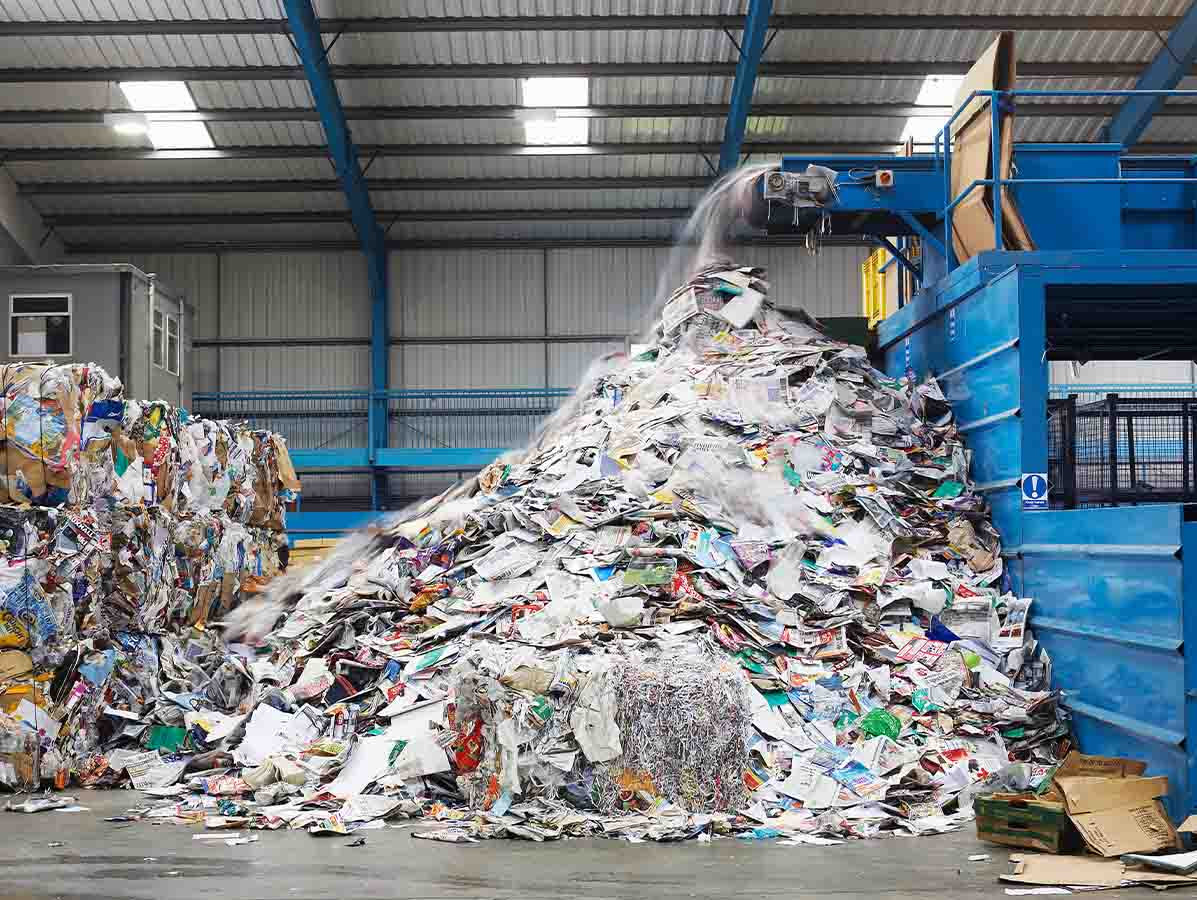
The European Union has recently taken a significant step in its commitment to sustainability. On Monday, March 4th, the European Parliament and Council reached a provisional agreement on new regulations for packaging materials. These rules aim to decrease the amount of packaging used and increase its recyclability, enhancing safety and promoting the circular economy.
The new measures require all packaging in the EU to be recyclable. This includes reducing the presence of harmful substances, cutting down on unnecessary packaging, promoting the use of recycled materials, and improving collection and recycling processes. Additionally, the goal is to reduce the volume of packaging materials by 15% by 2040, with interim targets of 5% by 2030 and 10% by 2035.
A notable aspect of the agreement is the ban on specific single-use plastic packaging formats from January 1, 2030. This includes packaging for unprocessed fresh fruits and vegetables, packaging for food and beverages consumed in cafes and restaurants, individual portion packagings (such as for condiments, sugar, creamer) and shrink wrap for suitcases at airports. Furthermore, there is an introduced ban on very lightweight plastic carrier bags (less than 15 microns), unless they are necessary for hygiene purposes or as primary packaging for loose food to prevent food wastage.
Negotiators have set specific targets for reusable packaging for alcoholic and non-alcoholic beverages (excluding, for example, milk, wine, and spirits) by 2030. Additionally, final distributors of beverages and takeaway meals must offer consumers the option to bring their own containers. There is also an aim to have 10% of products in a reusable packaging format by 2030.
Parliament members have also secured commitments from member states to encourage restaurants and other food establishments to offer tap water (for free or at a low service charge) in a reusable or refillable format.
Before the agreement comes into effect, it must be formally approved by the Parliament and Council. Rapporteur Frédérique Ries emphasized the importance of this agreement: "For the first time in an environmental law, the EU sets targets to reduce packaging consumption, regardless of the material used. We urge all industrial sectors, EU countries, and consumers to play their part in the fight against excessive packaging."
These steps mark a pivotal moment in European efforts to integrate environmental awareness and sustainability into the daily practices of businesses and consumers.
Source: Europees Parlement